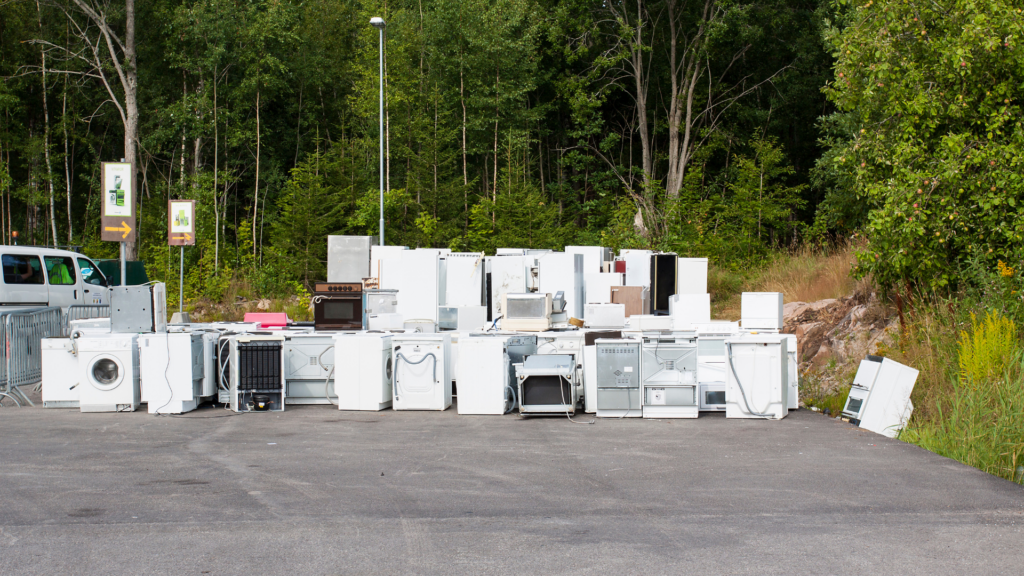The ozone layer is on track for recovery. If current policies remain in place, this could significantly help with efforts to mitigate climate change, a UN-backed panel of experts concluded in a recent report.
News about global warming and the state of our planet is rarely positive, with signs of the world changing right before our eyes. The doom and gloom news cycle can be relentless to the extent it makes some people weary of the environmental movement.
While reports of environmental damage can focus attention on issues that must urgently be addressed, positive stories receive less airtime. So the announcement that the ozone layer is on track to recover within four decades is undoubtedly good news. All the more so given that the improvement is the result of an almost complete phaseout of ozone-depleting substances (ODS).
The ozone layer is a thin part of Earth's atmosphere that absorbs almost all of the sun's harmful ultraviolet light (UV rays). An ozone hole developed as a result of people polluting the atmosphere with chemicals containing chlorine and bromine used to manufacture aerosol sprays, blowing agents for foams and packing materials or pesticides.

Domestic appliances such as fridges use to be made with insulation that leaked ozone-depleting substances. Credit: Canva
However, experts believe that if current policies remain in place the ozone layer is expected to recover to 1980 conditions (before the appearance of the ozone hole) by around 2066 over the Antarctic, by 2045 over the Arctic and by 2040 for the rest of the world.
This could help avoid global warming of approximately 0.5–1 °C by mid-century compared to an "extreme scenario" with an uncontrolled increase in ODS of 3–3.5% per year.
An environmental success story
The Montreal Protocol entered into force in 1989. It is a global agreement to protect the Earth’s ozone layer by phasing out the chemicals that deplete it.
Since the late 1990s, concentrations of ODS have been declining due to the successful implementation of the Montreal Protocol, which has since been hailed as one of the most successful global environmental agreements.
“That ozone recovery is on track according to the latest quadrennial report is fantastic news. The impact the Montreal Protocol has had on climate change mitigation cannot be overstressed," said Meg Seki, Executive Secretary of the UN's Environment Programme’s Ozone Secretariat, who hailed the agreement as a "true champion for the environment."
Related News
- 'Humanity is dedicated to its own destruction' – Noam Chomsky
- First 'sustainable aviation fuel' flight in Belgium departs from Brussels Airport
The report noted the agreement has succeeded in safeguarding the ozone layer, leading to the notable recovery of the ozone layer in the upper stratosphere, reaffirming the positive impact that the treaty has already had on the climate. This has also decreased human exposure to harmful UV rays from the sun.
“Ozone action sets a precedent for climate action. Our success in phasing out ozone-eating chemicals shows us what can and must be done – as a matter of urgency – to transition away from fossil fuels, reduce greenhouse gases and so limit temperature increase,” said World Meteorological Organisation (WMO) Secretary-General Petteri Taalas.

